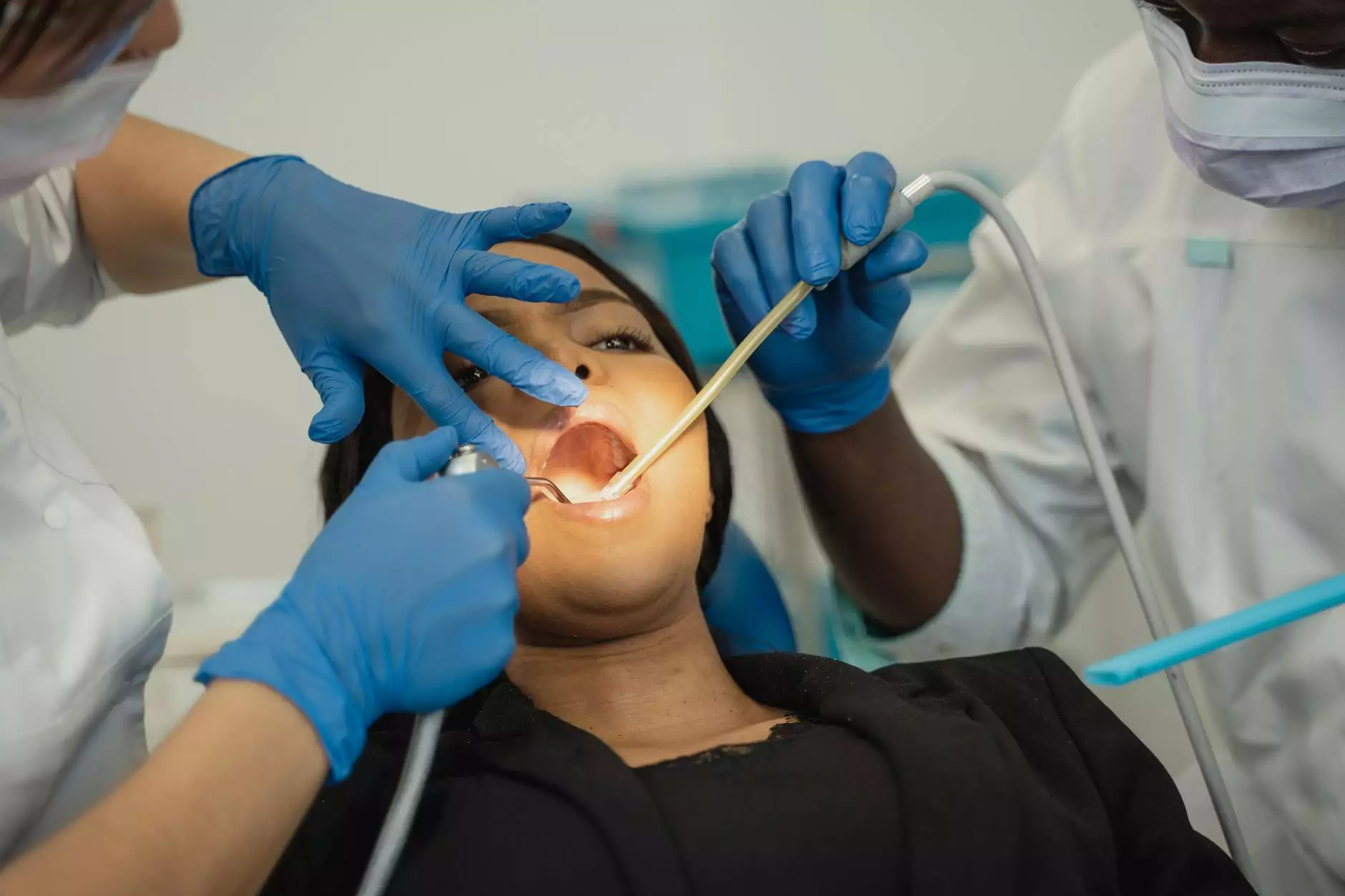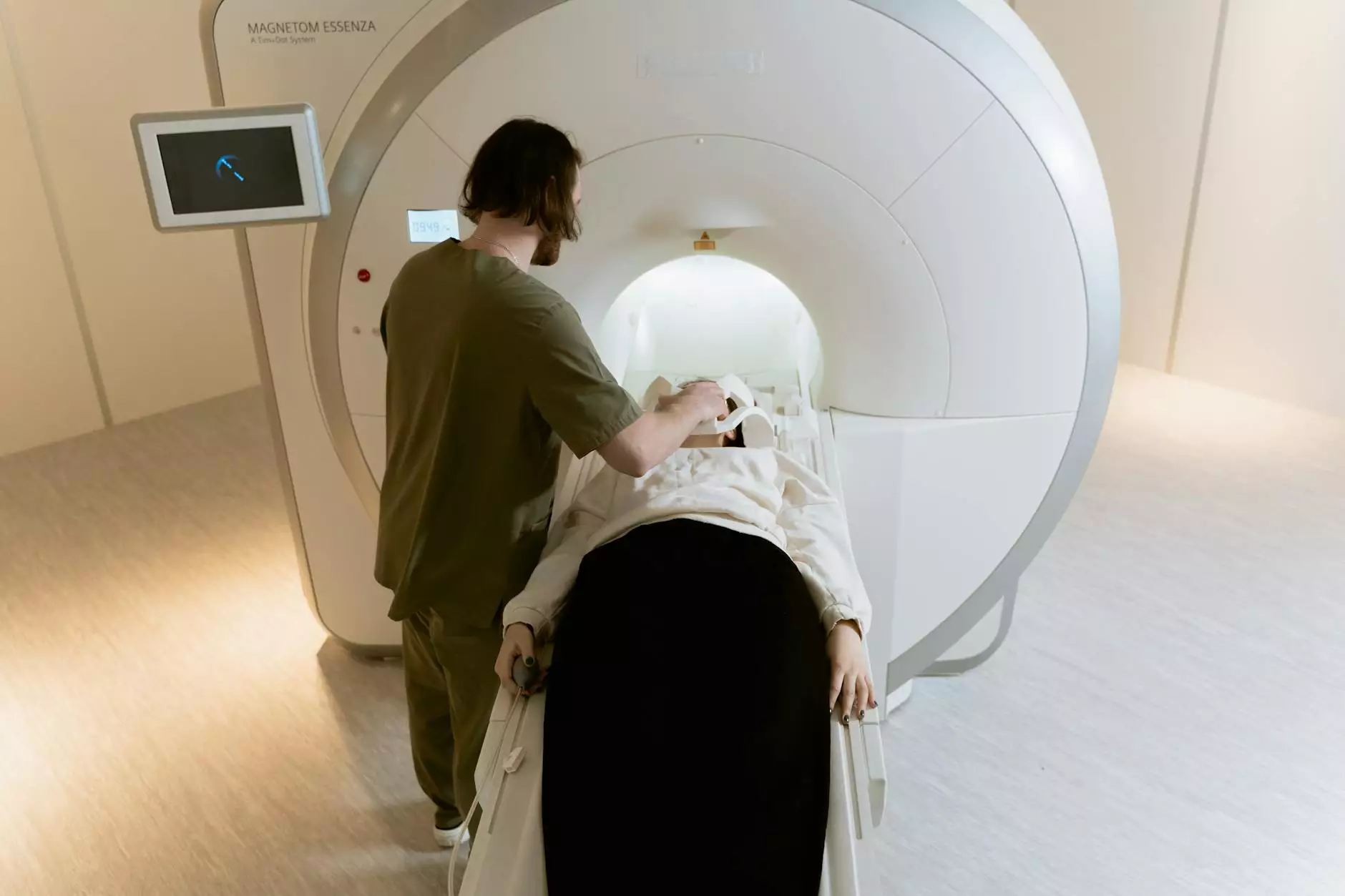Understanding the Role of a Thyroid Cancer Doctor

What is Thyroid Cancer?
Thyroid cancer begins in the thyroid gland, a butterfly-shaped gland located at the base of your neck. It plays a crucial role in regulating your body's metabolism, heart rate, and calcium levels due to the hormones it produces. There are various types of thyroid cancer, including papillary thyroid carcinoma, follicular thyroid carcinoma, medullary thyroid carcinoma, and anaplastic thyroid carcinoma. Each type has different characteristics and treatment approaches. Understanding these variants is essential for effective management and care, which is where the expertise of a thyroid cancer doctor becomes invaluable.
The Importance of Early Diagnosis
Early detection of thyroid cancer significantly enhances the success rate of treatment. Common symptoms include:
- Swelling at the base of the neck
- Persistent cough not related to a cold
- Changes in voice, including hoarseness
- Difficulties swallowing
- Unexplained weight changes
Consulting with a thyroid cancer doctor at the first signs of these symptoms is vital. They can perform a thorough evaluation, which may include blood tests, ultrasounds, and fine needle aspiration biopsies to assess the presence of cancerous cells.
Comprehensive Evaluation by a Thyroid Cancer Doctor
A proficient thyroid cancer doctor offers a comprehensive evaluation process that includes:
- Medical History Review: Understanding family history and previous health records.
- Physical Examination: Checking for lumps or swelling in the thyroid region.
- Imaging Tests: Utilizing ultrasound, CT scans, or MRI for detailed visuals.
- Biopsy: Extracting tissue samples for pathological examination.
This thorough assessment ensures that patients receive an accurate diagnosis and customized treatment plans tailored to their specific conditions.
Treatment Options Available
The treatment for thyroid cancer typically depends on the type and stage of cancer. A thyroid cancer doctor will recommend the most appropriate options, which may include:
1. Surgery
Surgery is often the primary treatment method. Options include:
- Thyroidectomy: Removal of part or all of the thyroid gland.
- Lymph Node Dissection: Removal of nearby lymph nodes that may contain cancer.
2. Radioactive Iodine Therapy
After surgery, this therapy is frequently used to eliminate any remaining cancer cells and is particularly effective in cases of papillary and follicular thyroid cancers.
3. Hormone Replacement Therapy
Patients may require lifelong thyroid hormone replacement therapy post-surgery, ensuring their metabolism remains balanced.
4. External Radiation Therapy
This may be recommended for certain cases, particularly if the cancer is aggressive or has spread beyond the thyroid.
5. Targeted Therapy
For advanced medullary and anaplastic thyroid cancers, targeted drugs can be employed to attack specific cancerous cells while minimizing damage to normal cells.
The Role of Follow-Up Care
After treatment, continuous follow-up care is essential to monitor for recurrence and manage any side effects. A thyroid cancer doctor plays a crucial role in this phase by:
- Conducting regular blood tests to monitor thyroid hormone levels.
- Performing ultrasounds to check for possible recurrence.
- Providing education on signs of changes in health that require immediate attention.
- Offering emotional and psychological support to patients and families.
Supporting a Patient’s Journey
A diagnosis of thyroid cancer can be overwhelming, but having a knowledgeable thyroid cancer doctor can ease this burden. They can guide patients through:
- Understanding their diagnosis
- Making informed decisions about treatment options
- Accessing support groups and resources
- Finding nutritional guidance and lifestyle changes that promote wellness
The holistic approach in managing thyroid cancer leads to improved outcomes and quality of life for patients.
Recent Advances in Thyroid Cancer Treatments
The field of oncology is always evolving, and advancements in treatments for thyroid cancer are no exception. Some notable advancements that a thyroid cancer doctor may utilize include:
- Genetic Testing: Identifying mutations that may influence the treatment, especially in medullary thyroid cancer.
- New Targeted Therapies: Medications that specifically target abnormal proteins in cancer cells.
- Immunotherapy: Using the body's own immune system to combat cancer cells, showing promising results in advanced cases.
Patients are encouraged to discuss potential clinical trials with their thyroid cancer doctor to access cutting-edge treatments.
Building a Supportive Team
The journey through thyroid cancer necessitates a collaborative approach involving a team of professionals. This team may include:
- Endocrinologists: Specialist in hormone-related conditions who may help manage thyroid function post-treatment.
- Nurses: Provide essential support and education throughout the treatment process.
- Nutritionists: Offer dietary advice tailored to enhance recovery and maintain health.
- Psychologists: Assist in mental health support to cope with the emotional aspects of cancer treatment.
- Social Workers: Help navigate healthcare systems and provide resources for additional support.
An integrated care team optimizes treatment efficiency and enhances overall patient satisfaction.
Conclusion: The Path to Recovery
Having a dedicated thyroid cancer doctor is critical in managing the complexities of thyroid cancer. They provide guidance, expertise, and comprehensive care that focus on individual patient needs and circumstances. Early detection, appropriate treatment options, and ongoing support are cornerstones of effectively tackling thyroid cancer.
If you or a loved one is dealing with thyroid cancer, remember that you are not alone. Seek out the support of knowledgeable healthcare professionals and consider the extensive resources available through oncological networks such as oncologicalsurgery.net. Together, a journey through thyroid cancer can lead to recovery and improved well-being.









